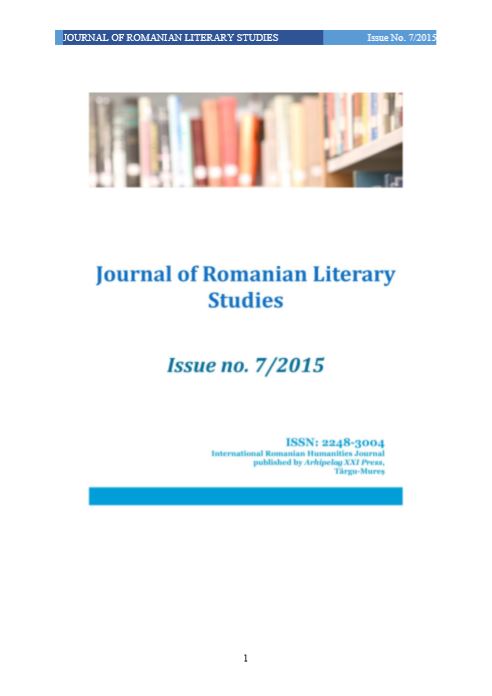BERNARD STIEGLER’S ORIGINARY TECHNICITY AND THE ADOPTIONIST ORIGIN OF HUMAN CULTURE
BERNARD STIEGLER’S ORIGINARY TECHNICITY AND THE ADOPTIONIST ORIGIN OF HUMAN CULTURE
Author(s): Alexandru Stache-CiucanuSubject(s): Language and Literature Studies, Literary Texts
Published by: Editura Arhipelag XXI
Keywords: adaptivism; cultural adoption; originary technicity; epiphylogenesis; exteriorization
Summary/Abstract: This article argues that Bernard Stieglerřs most important cultural and social contribution, originary technicity, creates the possibility of an adoptionist theory of human culture. From this angle, we will analyse the specificity of human and nonhuman life as two related ways of striving for negative entropy. In the biological sphere, life fights against entropy by way of a general structure of inscription called genetic memory (DNA), with the correlate effect of epigenetic memory (that of the nervous system). At the same time, life itself changes when genetic memory (in the process of replication) suffers random errors of inscription. In this way, adaptation to environmental conditions is the ultimate test of survival. Is this also the story of humanity? Certainly not for Stiegler, who sees human life instead as a process of striving toward negative entropy, what he calls epiphylogenesis. Bluntly put, the human has no meaning outside of its relationship with technics. If anthropogenesis is technogenesis, then the birth of the technical object is represented by a third type of memory. As we will see, the third memory creates the possibility of culture as a process of adoption by accessing a past we never lived. This technical object has therefore a role outside its purely instrumental function: as a device for recording thoughts, gestures and knowledge.
Journal: Journal of Romanian Literary Studies
- Issue Year: 2015
- Issue No: 07
- Page Range: 207-217
- Page Count: 11
- Language: Romanian

